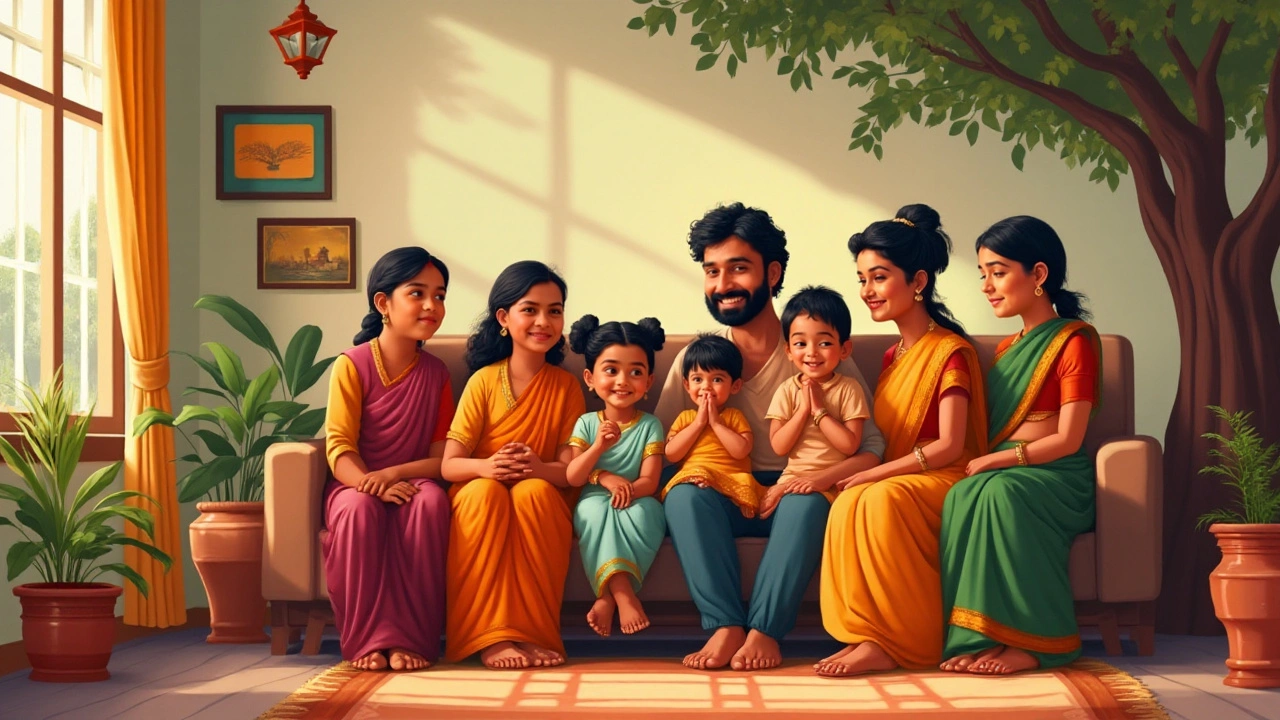Genetics: What It Is, Why It Matters, and How You Can Help
Genetics is the study of how traits are passed from one generation to the next. It touches everything from health and medicine to agriculture and the environment. If you’re curious about how DNA works, why some families have a history of certain diseases, or how scientists are using gene editing to tackle food scarcity, you’re in the right place.
India has a growing community of NGOs, research institutes, and volunteer groups focused on genetics. They run awareness campaigns, fund labs, and support families dealing with genetic disorders. By understanding the basics and knowing where to look, you can support these efforts or even start your own small project.
Key Genetics Topics You Should Know
DNA and Genes: DNA is the molecule that carries our genetic code. A gene is a specific segment of DNA that tells the body how to build a protein. Mutations—tiny changes in the DNA sequence—can cause everything from harmless traits like eye color to serious health conditions.
Inheritance Patterns: Traits follow patterns such as dominant, recessive, or sex‑linked inheritance. For example, cystic fibrosis is a recessive disorder, meaning a child needs two faulty copies of the gene to be affected.
Genetic Testing: Modern tests can spot mutations early, helping doctors tailor treatments. In India, free or low‑cost testing programs are emerging, thanks to charitable funding and government partnerships.
How Charities Are Boosting Genetics Work
Many charities focus on genetics education. They organize workshops in schools, translate complex science into simple language, and distribute pamphlets that explain why family medical history matters. Others raise money for research labs that study rare diseases prevalent in Indian communities.
Volunteer opportunities are also growing. You can help with data entry for genetic databases, assist in community outreach events, or mentor students interested in biotech careers. Even small contributions—like donating a few hundred rupees to a genetics lab—can fund essential supplies.
When you support a genetics‑focused charity, you’re not just funding science; you’re giving families hope, helping clinicians make better diagnoses, and paving the way for future breakthroughs in personalized medicine.
Want to get involved? Start by checking local NGOs that list genetics as a focus area. Look for events on our platform that mention “genetics research,” “DNA awareness,” or “genetic counseling.” Sign up for newsletters, attend free webinars, and share what you learn on social media to spread the word.
Remember, genetics isn’t just for scientists in labs. It’s a field that touches everyday lives, and you have the power to make a difference—whether you’re donating, volunteering, or simply learning more about your own DNA.
Stay curious, stay informed, and keep an eye on our tag page for the latest genetics articles, success stories, and ways to contribute to a healthier future for India.
Exploring Genetic Links to Mental Illness and Environmental Interactions
Mental illnesses can often have genetic links, affecting families across generations. However, these genetic predispositions do not act in isolation; environmental factors can play a significant role in the manifestation of mental health conditions. Understanding the interplay between genetics and environment helps in identifying potential risks and fostering preventative measures. This article explores the most common genetic mental illnesses and offers insights into how environmental factors might influence them.
Read More